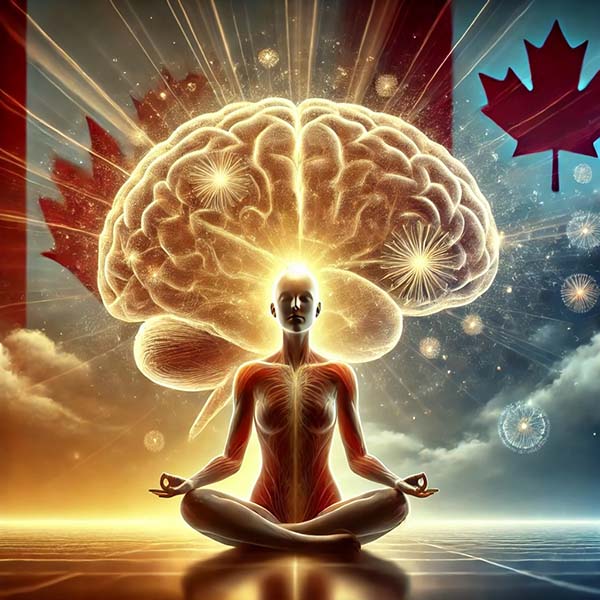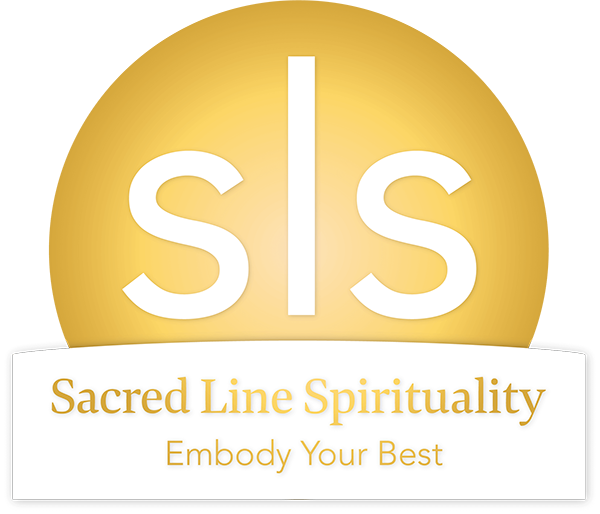Unlocking Our Full Potential Through Mindfulness
What does it truly mean to take responsibility? Often, we associate responsibility with duty, obligation, or accountability. But what if we redefine responsibility as our ability to respond—fully, consciously, and with our highest potential? This deeper understanding of responsibility shifts the focus from external expectations to inner mastery. Taking responsibility, in this sense, means cultivating the ability to pause, plan, and act from our highest self rather than reacting impulsively from a place of fear, anger, or habit.
Psychologist Suzanne Segerstrom’s research at the University of Kentucky highlights a key neurological process she calls the pause-and-plan response. This process allows us to step back from automatic reactions and choose a deliberate, thoughtful response. It aligns with Viktor Frankl’s profound insight I shared last month: “Between stimulus and response, there is a space. In that space is our power to choose our response. In our response lies our growth and our freedom.”
 This space, or pause, is where our prefrontal cortex—the brain’s center for reasoning, foresight, and decision-making—engages. When we cultivate this capacity, we connect with what can be called our inner master, the part of us that embodies wisdom, discernment, and our highest cognitive function. The challenge, however, is that our primitive brain, particularly the amygdala, often hijacks our responses, pushing us into fight, flight, or freeze reactions before the prefrontal cortex has a chance to step in.
This space, or pause, is where our prefrontal cortex—the brain’s center for reasoning, foresight, and decision-making—engages. When we cultivate this capacity, we connect with what can be called our inner master, the part of us that embodies wisdom, discernment, and our highest cognitive function. The challenge, however, is that our primitive brain, particularly the amygdala, often hijacks our responses, pushing us into fight, flight, or freeze reactions before the prefrontal cortex has a chance to step in.
So how do we strengthen our ability to pause, plan, and respond from our highest potential? The answer lies in mindfulness and meditation. Neuroscientific studies show that regular meditation strengthens the prefrontal cortex while reducing the reactivity of the amygdala. This means that with consistent practice, we gain greater control over our emotions, thoughts, and behaviors.
You might think that training your brain would take a lot of effort. Transformation doesn’t require extreme effort. As James Clear highlights in Atomic Habits, progress comes from small, consistent improvements—just 1% better each day. Brian Cain echoes this wisdom of 1% better in his book aptly called One Percent Better. Bringing math into the equation, Cain makes the point that there are 24 hours in a day, 60 minutes in an hour and, therefore, 1440 minutes in a day. So, to get 1% better invest 1% of your day into becoming a better version of yourself. Specifically, spend 14 minutes and 24 seconds each day intentionally becoming a better version of yourself. 15 minutes dedicated to mindfulness can create profound long-term change. By committing to just a quarter of an hour each day, we gradually rewire our brains, making our higher self—the master within—our default mode.
This concept of responsibility doesn’t just apply to individuals—it extends to nations. Right now, Canada is being presented with an extraordinary opportunity. As global politics shift, particularly in relation to the United States, Canada is being called to stand in its full potential—not as a nation living in the shadow of another but as a moral leader on the world stage.
President Trump’s political stance toward Canada has, in many ways, forced our country to reassess its independence, economic resilience, and global influence. Rather than viewing this as a setback, Canada can embrace it as a moment of self-actualization. Just as an individual must cultivate inner strength rather than rely on external validation, Canada can stand on its own two feet, making decisions that reflect its core values rather than merely reacting to external pressures.
Both personally and collectively, responsibility is about choosing how we engage with challenges. Reactivity comes from fear and unconscious programming. Responsibility, on the other hand, emerges from intentional action, cultivated through mindfulness, and guided by the wisdom of our highest self.
To cultivate mindfulness and strengthen the prefrontal cortex, consider using popular meditation apps such as Headspace, Calm, or Insight Timer. These platforms offer guided 15-minute meditations that can help train the mind to respond rather than react, fostering greater clarity and intentionality in daily life.
By dedicating just 15 minutes a day to meditation, we are training ourselves to lead with the prefrontal cortex rather than be controlled by the amygdala. This simple yet powerful practice enables us to respond to life with clarity, wisdom, and purpose—whether we are individuals striving for self-mastery or a nation embracing its full potential on the global stage.
Taking responsibility, in its truest sense, means claiming our power to respond from our highest potential rather than reacting from fear or habit.
Taking responsibility, in its truest sense, means claiming our power to respond from our highest potential rather than reacting from fear or habit. Through the pause-and-plan response, mindfulness, and daily 1% improvement, we strengthen our connection with our inner master—the prefrontal cortex—ensuring that our actions align with wisdom rather than impulse. Just as individuals must rise to their highest selves, so too must nations. Canada, at this pivotal moment, has the opportunity to lead with strength, integrity, and vision. The choice, as always, is ours.
